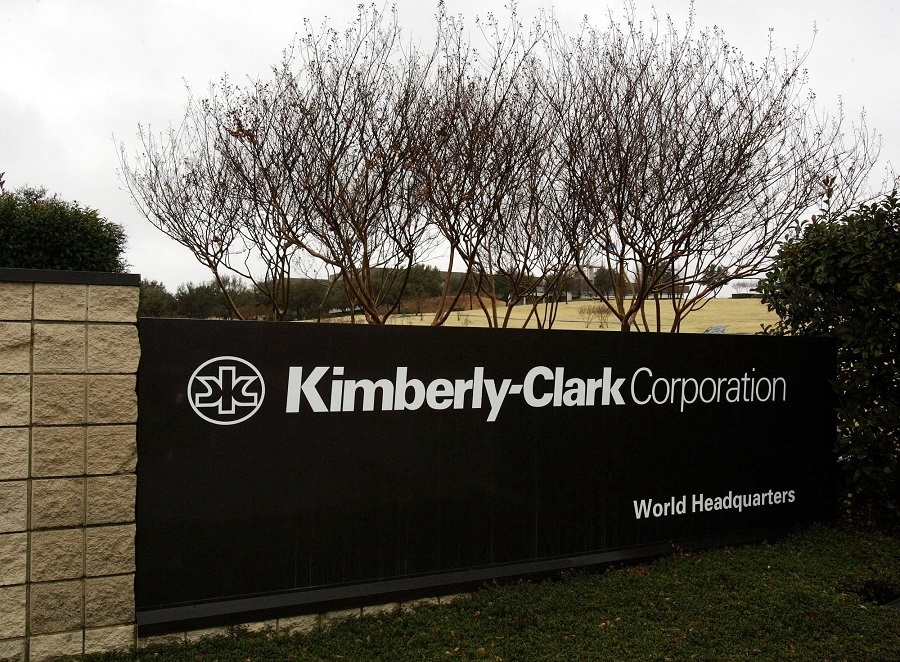National
Wisconsin GOP leader: Not enough votes for Kimberly-Clark plants bill

MADISON, Wis. (AP) — A Republican co-chair of the Legislature’s budget committee said Monday there are not enough votes in the Senate to pass a tax break bill designed to keep open a pair of Kimberly-Clark Corp. plants in northeast Wisconsin, saving more than 600 jobs.
Kimberly-Clark, which makes Kleenex tissue, Huggies diapers and other paper products said earlier this year it planned to shutter the plants , but hopes of saving them were rekindled last month after the union representing workers there agreed to concessions. The Dallas-based paper products giant said it was open to saving the plants and 610 jobs if the Wisconsin Legislature passes an incentive bill. The Wisconsin plants are the Neenah Nonwovens factory in Neenah and the Cold Spring plant in nearby Fox Crossing.
The Republican-controlled Assembly passed the incentive proposal earlier this year. But it stalled in the Senate, where Republicans have a narrow 18-15 majority. One Republican, Sen. Chris Kapenga, said last month he would not support the bill , meaning all other Republicans would have to vote for it or convince at least one Democrat to support it.
Republican Sen. Alberta Darling said during a legislative forum Monday that “right now we probably don’t” have the votes to pass the bill. Darling, co-chair of the budget committee, said if the bill were up now, “I don’t think there would be the votes but I’m not saying there won’t be.”
Talks are ongoing to reach a deal that can pass, she said.
“We need to do whatever we can to keep and grow that business,” Darling said.
Senate Republicans met privately last week to discuss the bill but did not emerge with a deal.
If the Senate were to pass the bill, Assembly Speaker Robin Vos said Gov. Scott Walker could issue a couple line-item vetoes to bring it in line with what Kimberly-Clark needs. Vos said he didn’t know exactly what those changes were.
The bill is modeled after incentives given for Foxconn Technology Group to put a plant in Wisconsin. The state’s nonpartisan Legislative Fiscal Bureau estimates the Kimberly-Clark bill would cost the state $109 million over 15 years, assuming jobs for 610 employees earning more than $70,000 would be retained.




